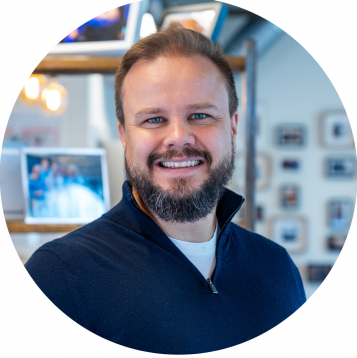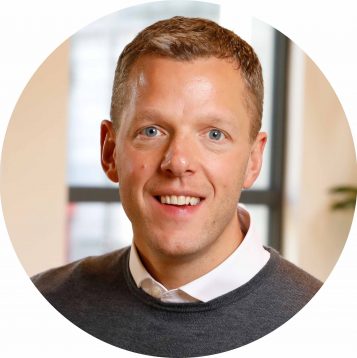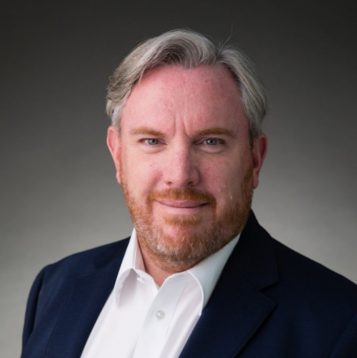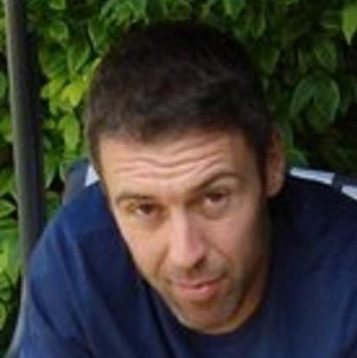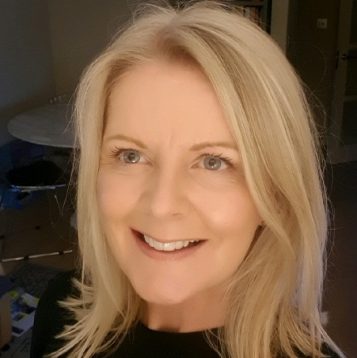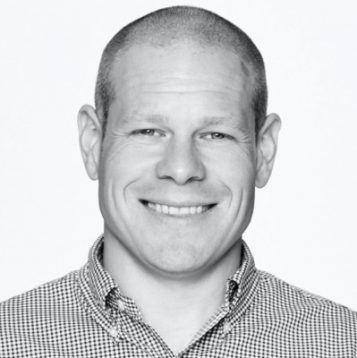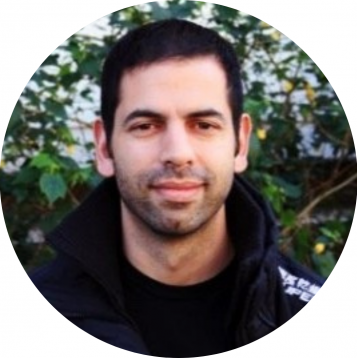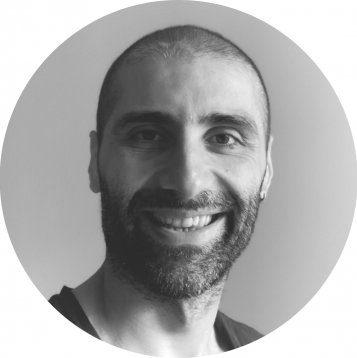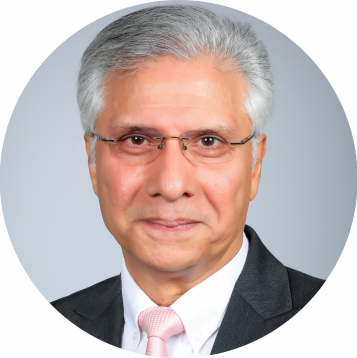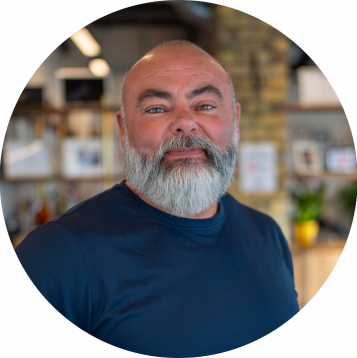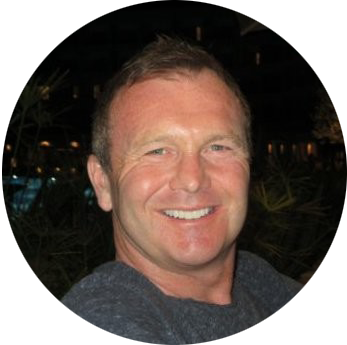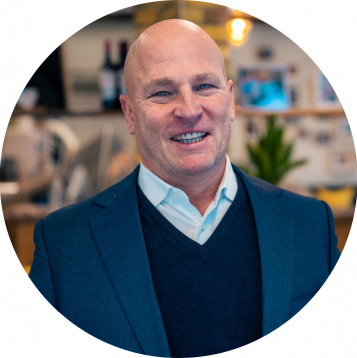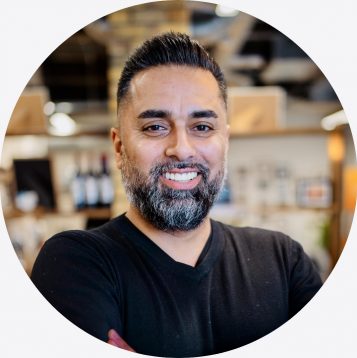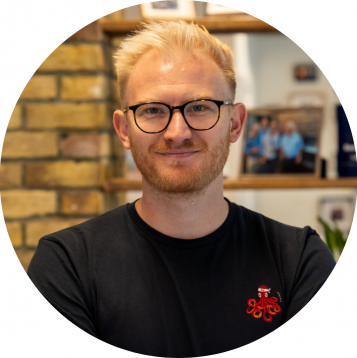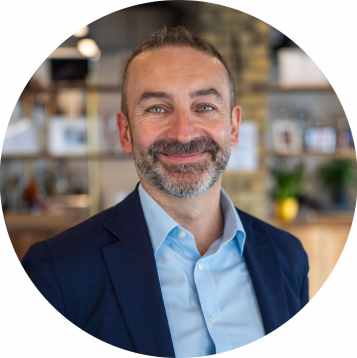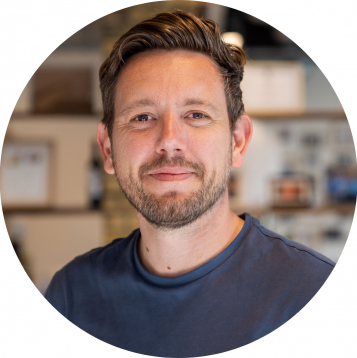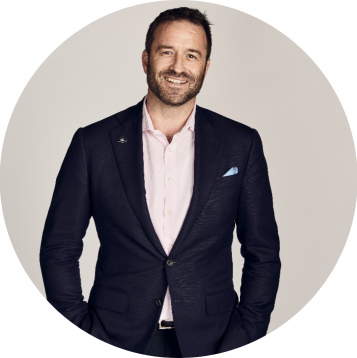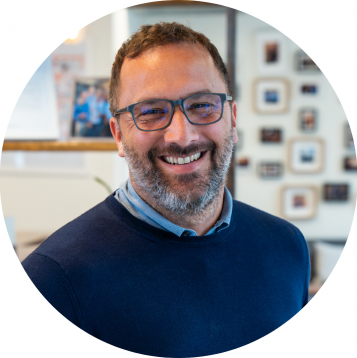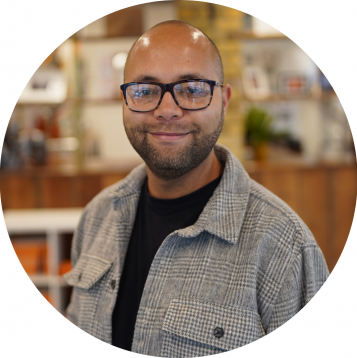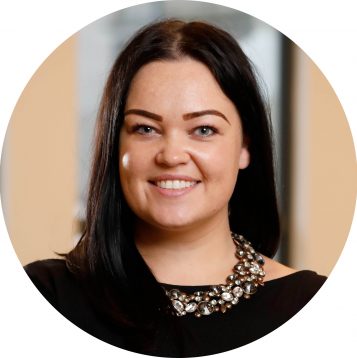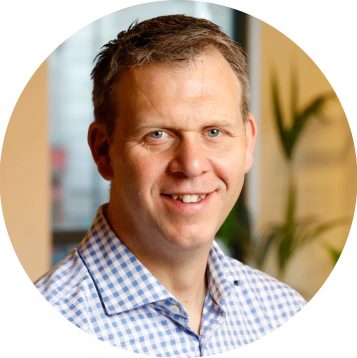At the Change Society Summit, Olympic champion Greg Searle MBE delivered an inspiring keynote detailing how the lessons he learned in sport can be applied to drive business transformation.
Searle, who won gold in rowing at the 1992 Barcelona Olympics, has since become an accomplished executive coach and speaker. Here, we summarise some of his key insights…
Discovering a purpose
Searle described how he first became interested in rowing after his history teacher competed in the Olympics: “Mr. Cross went off to the Olympic Games and he went in a rowing boat and he rowed with a bloke called Steve Redgrave. Mr. Cross passed his medal around with the class and it gave me a direction, it gave me a dream. I want to be like him.”
Together with his brother Jonny, Searle went on to win Olympic gold in 1992 by focusing on continuous small improvements – an approach that has come to be known as the “aggregation of marginal gains.”
He explained how they broke down the performance enhancement challenge into smaller, more manageable steps. Rather than trying to immediately shave off the 4.4 seconds they needed to beat their rivals, they looked at it as incremental progress. By striving to improve race times by roughly a second per month, and considering every training session as a chance to gain a fraction of a second, the Searle brothers were able to achieve their Olympic dream.
Searle highlighted that the exact same principle of marginal gains can enable business breakthroughs. By constantly identifying small areas for optimisation in processes, operations, and culture, organisations can realise compounding returns that ultimately lead to transformational performance gains. Though the impact of a single marginal gain may be negligible, their cumulative effect over time can be tremendously impactful.
Achieving alignment
Searle also emphasised the importance of alignment across purpose, values and behaviours in order to achieve peak performance. He referenced psychologist Robert Dilts’ Logical Levels model, which illustrates how beliefs drive identity, which in turn shapes capabilities, behaviours, and environment. When there is congruence across these levels, organisations and individuals can optimise performance.
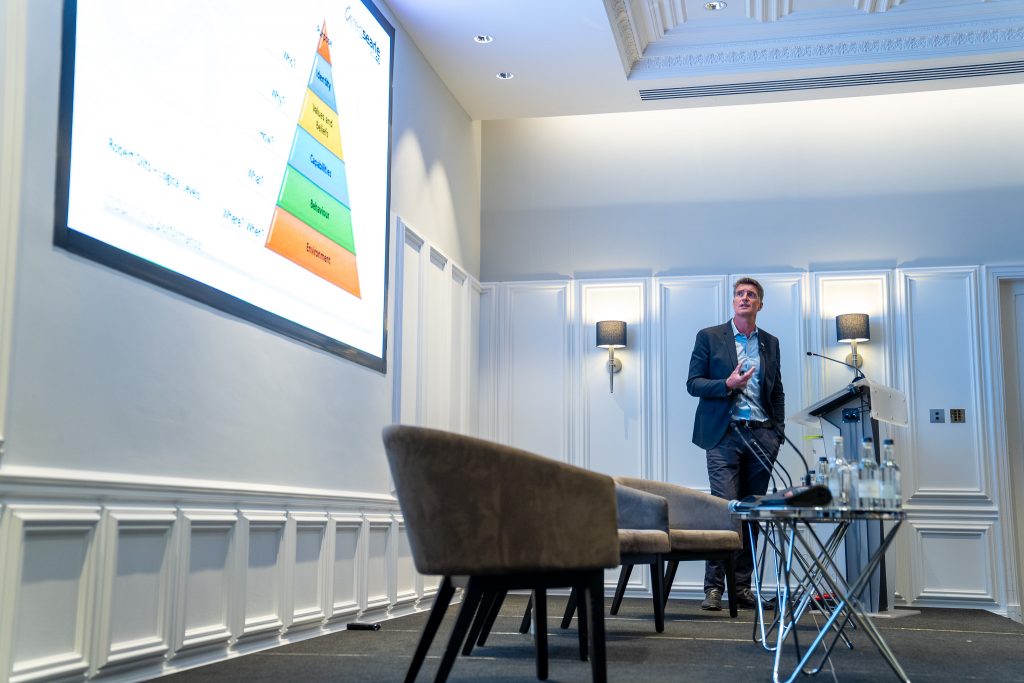
Searle noted that when core alignment is achieved, “we perform, we deliver at our absolute best.” He explained that he loves the Logical Levels model as a lens to evaluate his own journey and ensure his sense of purpose, identity, values and behaviours are fully aligned.
Reflecting on his disappointing bronze medal result at the 1996 Atlanta Olympics, Searle pointed to a lack of alignment and unity amongst his new teammates as a key factor. He explained that while training together for three years in the build-up, he and his brother Jonny had maintained a separate “Searle Brothers” identity and did not fully integrate with the rest of the crew. Illustrating this divide, Searle described how he and Jonny received invitations to appear on media outlets like A Question of Sport, while their teammates did not.
Searle admitted to literally hiding his identity during training by wearing a black cover over his head, because he simply did not feel a sense of connection at that time to the broader team environment and culture. He pinpointed this misalignment of identity and purpose as a major contributor to the team’s underperformance that year.
Inspiring a generation
In contrast to his Atlanta experience, Searle explained how Team GB’s recent Olympic successes stemmed from strong alignment around a unified purpose – to inspire a generation.
He noted how hosting the 2012 Olympics in London galvanised the team’s focus: “Seb Coe went out to Singapore with a group of school children from Southeast London and we got to host the games, not because we had a good plan, not because we had a good strategy, but we said we wanted to inspire a generation.”
According to Searle, this clarity of purpose promoted unity among Team GB athletes and coaches: “We had a clear set of values how we were going to behave responsibly, to have unity… you care about the other sports, to have pride in the progress you make each and every day, and to respect what you get, to be part of that, you get to wear the Stella McCartney tracksuit.”
This alignment of purpose, values and behaviours enabled Team GB to significantly improve performance from their home Olympics in London to the next Games in Rio.
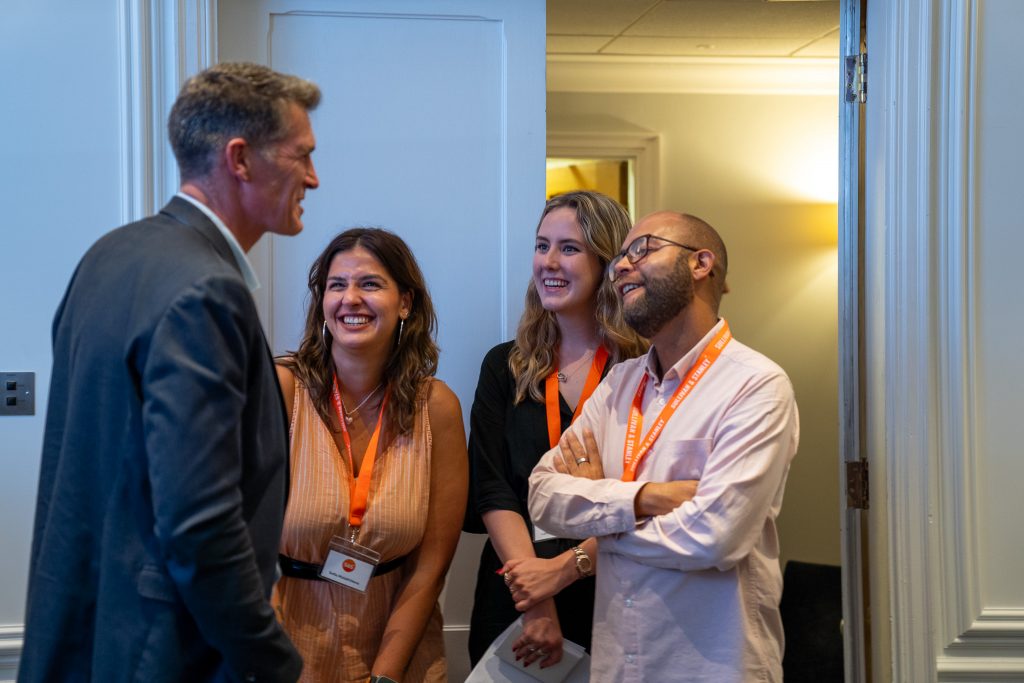
Applying lessons to business
Greg Searle inspired the audience by spotlighting the clear parallels between achieving Olympic glory and driving business transformation. By sharing first-hand accounts of both triumph and tribulation in his sports career, he offered thought-provoking insights around applying marginal gains, fostering alignment and clarifying purpose.
Through his thoughtful application of models like Dilts’ Logical Levels, Searle demonstrated how the principles underpinning elite sports success can be leveraged by organisations to optimise team cohesion, unlock potential and achieve transformational performance gains.
Rather than relying on abstract management theory, he used compelling personal stories and explicit analogies to connect with the audience and deliver practical takeaways. Searle proved that the journey of an Olympic champion rower can indeed hold invaluable lessons for today’s business leaders.


